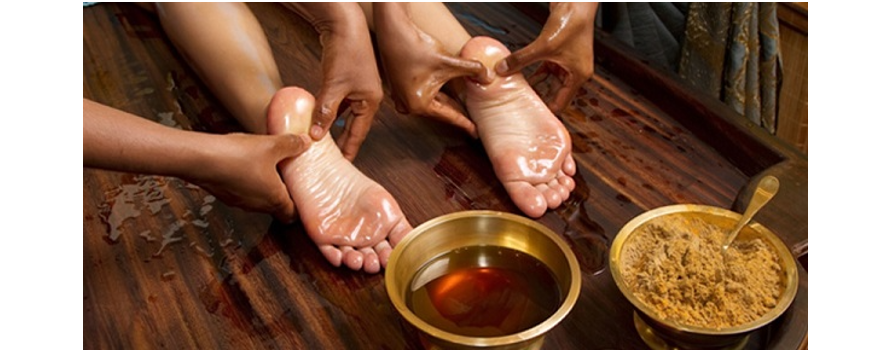Our elders and forefathers advocate a cup of ginger tea for several ailments, including indigestion, joint pain, nausea, colds and flu, and they may not be altogether incorrect in their belief in the tuber and its numerous health advantages.
Zingiber officinale
, or ginger, is a perennial herb native to China and India. Ginger is a stem that develops underground and is sometimes referred to as a root.
For over 4000 years, Indians have employed ginger in their culinary creations, but that’s not all. There is a wide range of therapeutic characteristics, health advantages, and Ayurvedic benefits of ginger. The various applications of ginger make it one of the most significant herbs in ancient medicine. Here are some of the Ayurvedic benefits suggested by Ayurveda experts at Birla Ayurveda.
Aids Digestion
The pungent root has a reputation for calming an upset stomach. Ginger has a lot of benefits for your digestive system. Ginger protects and heals the gut, speeds up the passage of food through the intestines, and relieves wind, bloating, and cramps. It also stimulates the taste buds and the digestive system. Enhancing the digestive fire is the first step in preventing indigestion. Ginger is one of the greatest plants for igniting Agni. Chop or grate some fresh ginger before each meal, add a few drops of lime juice and a bit of salt, and chew it up. Ginger is an excellent digestive aid that boosts stomach motility. As a result, it relieves constipation, vomiting, and acidity while also protecting the gastric lining against acidity.
Traditional Remedy for Cold
Ginger is one of the best cold cures, according to Ayurveda. Birla Ayurveda’s Ayurveda experts recommend combining ginger (1 part), cinnamon (1 part), and lemon grass (2 parts) as well as other helpful therapies. Steep 1 tsp of the recipe in 1 cup of hot water for 10 minutes, drain and add honey if desired. This tea will aid in the relief of cold symptoms. Tea with ginger, cinnamon, and cardamom is another option. Combine the ginger (2 parts), cinnamon (3 parts), cardamom (a pinch), and honey to taste.
Helps Fight Infections
Fresh ginger contains gingerol, a bioactive molecule that can help reduce the risk of infections. Gingerol, the primary ingredient, has analgesic, sedative, antipyretic, and antibacterial properties. Ginger extract can suppress the growth of a variety of germs, including oral bacteria connected to inflammatory gum illnesses like gingivitis and periodontitis.
Fights Inflammation
The volatile oils in ginger have anti-inflammatory qualities similar to NSAIDs (non-steroidal anti-inflammatory medicines), making them an effective remedy for flu, headaches, and menstrual cramps. It can also help people with osteoarthritis take fewer medications.
Reduces Menstrual Pain
Take note, ladies! Menstrual cramps, commonly known as dysmenorrhea, can be considerably reduced by consuming ginger powder. Ginger is one of the ancient medicines for menstrual pain relief. You can also relieve the discomfort by drinking a hot cup of ginger tea.



